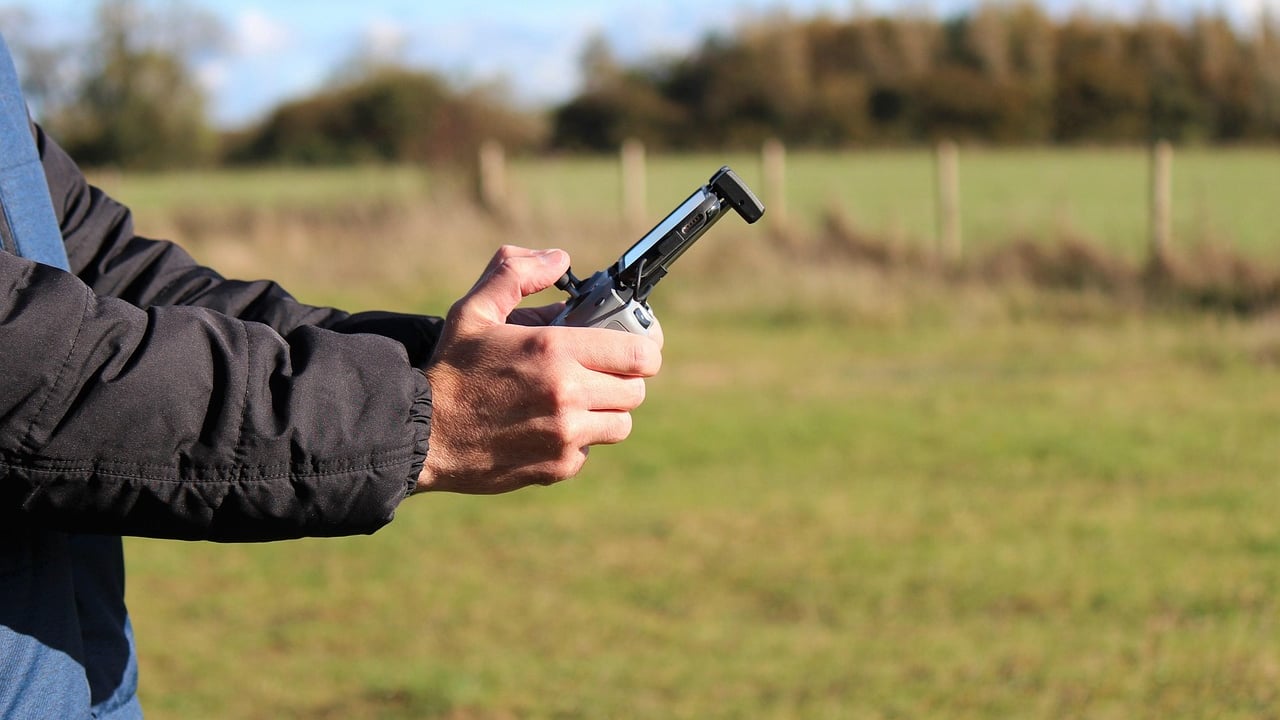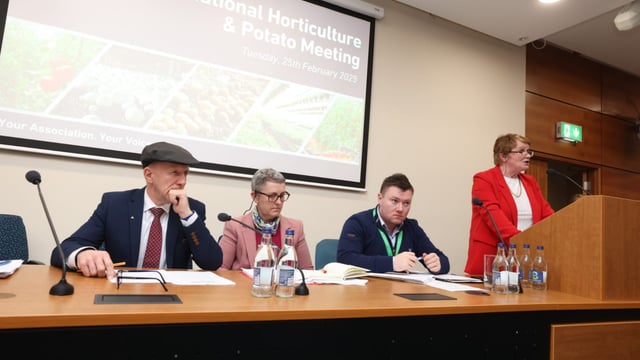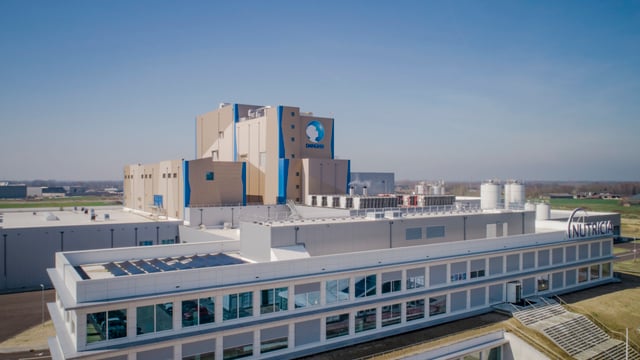What to consider when operating a drone on your farm
Drone use comes up regularly around farming, security, emergency response, and business, but many operators are unaware of the legal requirements.
An Garda Síochána in Laois and Offaly recently posted a checklist of what you need to consider when operating a drone.
In the post, the gardaí stated: "Understanding Irish Aviation Authority (IAA) regulations is key to ensuring safe, legal, and responsible use."
If you use a drone that weighs over 250g, or has a camera, you must register with the IAA.
To register you must be at least 16 years of age, set up an account with the IAA and verify your identity, and then complete an online training course that takes about 15 minutes to complete.
Registration cost €38 and lasts for two years. If the drone weights over 4kg, additional training is required.
Drones must always stay in the visual line of sight of the operator, and be flown at a max altitude of 120m, or 400ft.
To fly a drone that weighs over 25kg, or to fly a drone outside the open category limits, you must apply for an operational authorization from the IAA.
You are not allowed to operate a drone in specific areas, such as airports, prisons, and around moving aircraft or sensitive infrastructure.
Drones should be flown at least 50m away from individuals and 150m away from crowds.
While insurance is not required for drones under 25kg, the IAA recommends third party insurance for lighter drones.
If your drone is involved in an accident that involves serious injury to a person you must inform:
- The unmanned aircraft systems (UAS) Division of the Irish Aviation Authority;
- The gardaí;
- The Air Accident Investigation Unit.
Under Section 22 of the Irish Aviation Act 1993, gardaí can detain a drone if it is suspected of violating IAA regulations, or being used in an offence.
The gardaí also said that drones aren’t just about regulation – they bring huge benefits across many industries, including farming.
In agriculture, farmers use drones for livestock tracking, crop health monitoring, and precision spraying, reducing costs and improving efficiency.
Drones are also used for environmental protection to help track wildlife, monitor coastal erosion, and detect incidents of illegal dumping.





